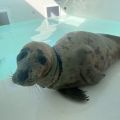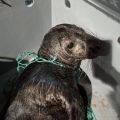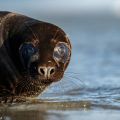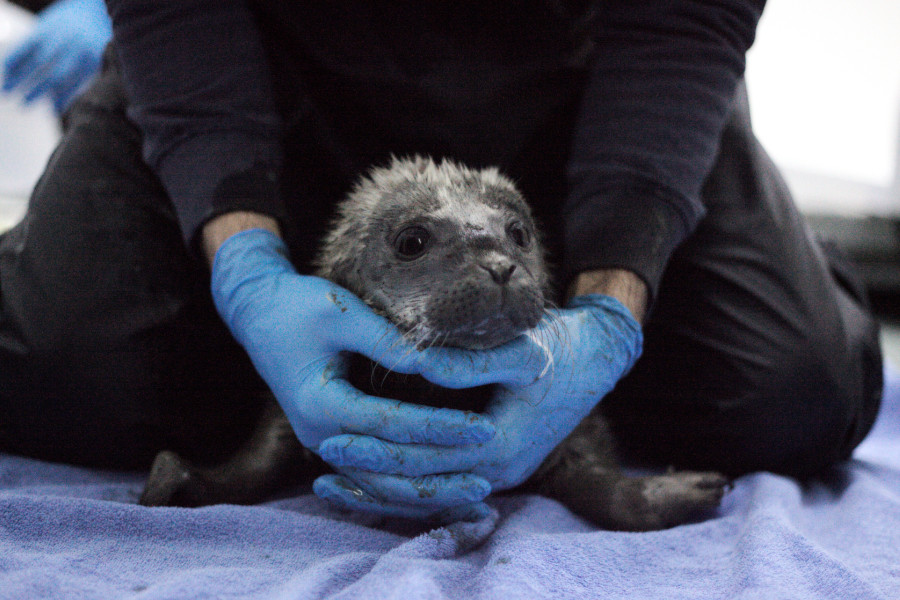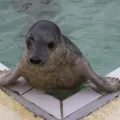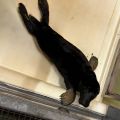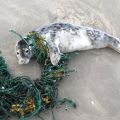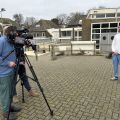Sealcentre Pieterburen rehabilitates first pup of the summer
Sealcentre Pieterburen has taken in the first common seal pup of this summer. The animal had been found by bystanders. They saw no mother around and thought it needed help. The Sealcentre would like to remind everyone that it is forbidden to touch seals except for trained seal guards. This is the only way operational seal centres can pursue the policy according to the Seal Agreement.
On Friday afternoon 19 May, bystanders came across a common seal pup near Sint Jacobiparochie. This one was lying alone in the mud with no mother around. As it was a young animal, the bystanders assumed it could not take care of itself. Therefore, they decided to take the pup with them. They then called Sealcentre Pieterburen to seek professional help.
Acting on Seal Agreement
While the Sealcentre understands the good intentions, this is not the desired course of action. Picking up and helping seals yourself is contrary to the policy set out in the 2020 Seal Agreement . This agreement puts the focus on observing wild seals before deciding whether rehabilitation is needed. Therefore, there are trained seal guards who monitor reported animals and relay all necessary information to the seal centre for which they operate. The centre then decides whether to take a seal to the centre. This way gives the most certainty that rehabilitation was the right choice. If the public decides to intervene themselves, it becomes impossible for seal centres to pursue this policy.
Pup Crista is named after the hooded seal
A seal mother can leave her pup alone for up to eight hours, without anything needing to be wrong. Unfortunately, the pup was too severely disturbed to be returned to the area she came from. It was therefore decided to take the animal in. Once in Pieterburen, she was given the name Crista. This name is derived from the scientific name for the hooded seal, Cystophora cristata. A species of seal not normally found in the Netherlands, but which gave birth to a young on Vlieland in March this year. A unique event and therefore the inspiration for the name of the first pup this summer. She was probably at most six days old and born prematurely. This makes her still very weak and she is therefore closely monitored by the vets and intensively cared for. The pup can currently be admired from a safe distance at the Seal Centre.
Pup season in full swing
The first pup marks the start of the common seal's birthing season. Many pups will be born in the coming period and receive milk from their mothers for about three to four weeks. All seal centres and seal guards therefore continue to appeal to keep as much distance as possible from seals at this time in particular, so that mother and pup can pass this suckling period undisturbed. If people still have doubts about the health of an animal, they should report it via 144 (available 24 hours a day). After being reported, seals are observed for at least 24 hours, as research shows that many seals can handle themselves well - provided they get enough rest during those 24 hours. Seal guards can ensure this by cordoning off areas and informing the public, while staying in touch with seal centres about the animal's condition.
